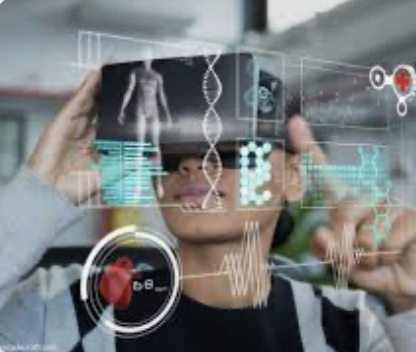Khalil Naghiyev; Gulnar Mirbagirova; Khanimbaji Mammadova
Abstract
This research paper investigates the pedagogical potential of virtual laboratories in enhancing experimental competencies and conceptual understanding among secondary school students studying chemistry. With the rapid evolution of digital learning environments, virtual laboratory tools have emerged as dynamic educational resources that simulate real-world chemical experiments through interactive simulations and data-driven platforms. Unlike traditional laboratory practices, which may be constrained by limited resources, safety risks, or institutional access, virtual laboratories offer flexible, scalable, and safe alternatives that support inquiry-based learning and independent exploration.
The study presents a comparative experimental model involving two groups of 10th-grade students—one group using a conventional lab setup and another utilizing a virtual simulation platform to conduct an acid-base titration. The results revealed that students engaged with virtual laboratories achieved higher scores in conceptual assessments, demonstrated stronger analytical reasoning, and reported greater confidence and motivation in performing laboratory tasks. Furthermore, virtual labs allowed for repeated practice, real-time feedback, and contextual learning that contributed to a deeper understanding of chemical principles.
By exploring both the strengths and limitations of digital laboratory environments, this paper highlights the necessity of integrating virtual tools into modern chemistry curricula. It also provides recommendations for educators, policymakers, and instructional designers aiming to enrich science education through innovative, student-centered methodologies. The findings emphasize that when used alongside traditional methods, virtual laboratories can significantly enhance the quality, accessibility, and inclusiveness of experimental chemistry education.
